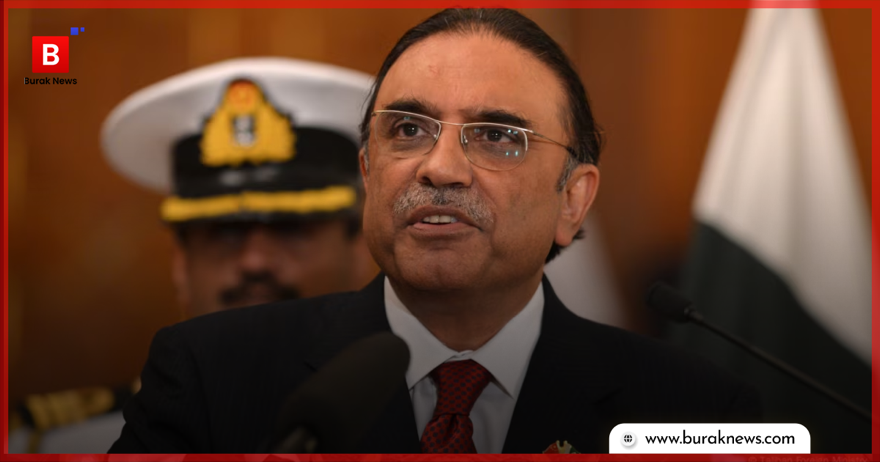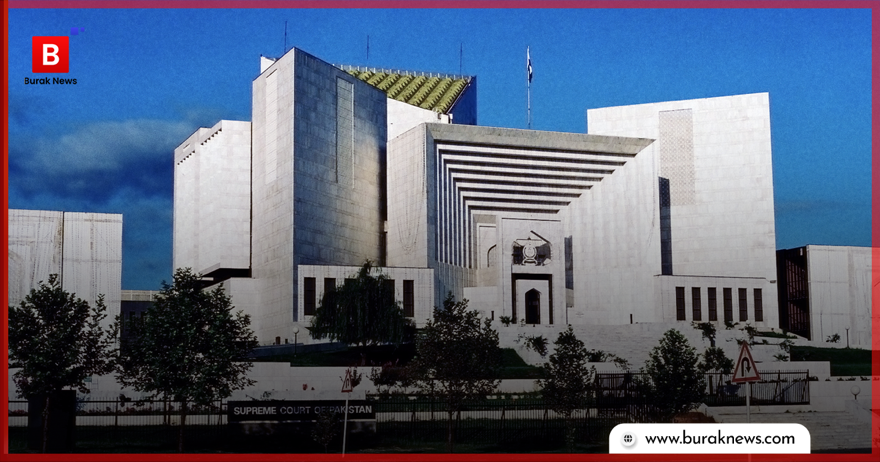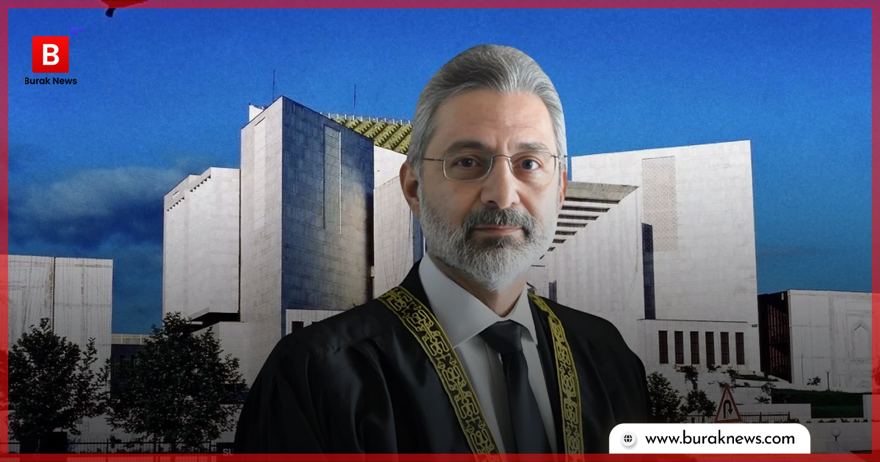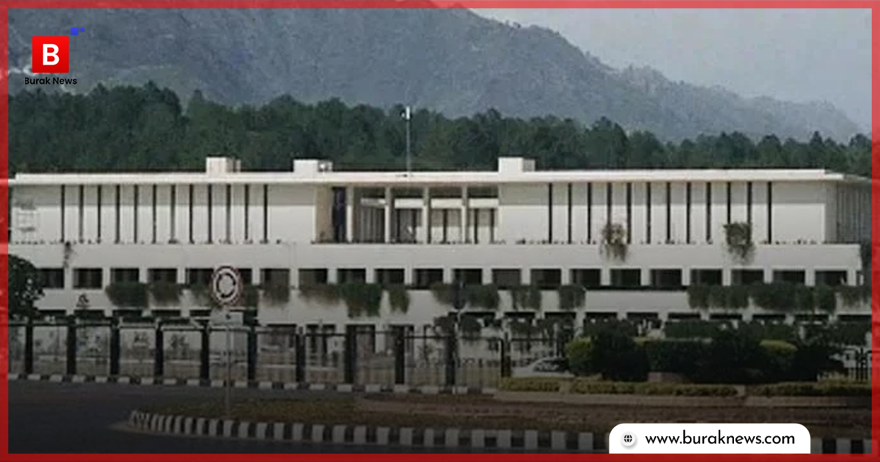President Zardari approves 26th Constitutional Amendment

After getting approval from both houses of Parliament, with a two-thirds majority and formal assent from President Asif Ali Zardari, the 26th Constitutional Amendment became law today.
Several significant changes are made in the amendment, particularly in relation to the judiciary. Among the major reforms are the removal of the Supreme Court’s suo motu powers, limiting the chief justice of Pakistan’s (CJP) term to three years, and granting the prime minister the authority to appoint the next CJP from the three most senior judges of the Supreme Court.
The Senate passed the bill, which originally had 22 clauses, with a two-thirds majority on Sunday. Later that evening, in a session that extended past 5 a.m. on Monday, the National Assembly also passed it with a two-thirds majority. The final version approved by the National Assembly included 27 clauses, after incorporating suggestions from the Senate.
Following the parliamentary process, Prime Minister Shehbaz Sharif sent his recommendation to President Zardari for his formal approval of the “Constitution (26th Amendment) Act, 2024.” According to a notification published in the Gazette, the Act officially received presidential assent on October 21, 2024.
The amendment introduces a new process for appointing the chief justice, stating that the CJP will now be appointed by a Special Parliamentary Committee from among the three most senior Supreme Court judges, confirmed PTV News in a statement. The federal government has already decided to establish this parliamentary committee.
The bill, presented by Law Minister Azam Nazeer Tarar, was passed by the Senate with 65 votes—just one more than the two-thirds majority required. The votes included 23 from the Pakistan Peoples Party (PPP), 19 from the Pakistan Muslim League-Nawaz (PML-N), and five from the Jamiat Ulema-i-Islam-Fazl (JUI-F). Furthermore, two senators from the Balochistan National Party-Mengal (BNP-M), Muhammad Qasim and Naseema Ehsan, voted in favor of the bill, despite going against their party’s stance.
The bill also received support from four senators of the Balochistan Awami Party (BAP) and three from the Muttahida Qaumi Movement-Pakistan (MQM-P), along with three senators from the Awami National Party (ANP). One senator each from the National Party and the Pakistan Muslim League-Q (PML-Q), as well as four independent senators, including former caretaker Prime Minister Anwaarul Haq Kakar, Interior Minister Mohsin Naqvi, Faisal Vawda, and Abdul Qadir, voted in favor.
In the National Assembly, where 224 votes were needed for the bill’s passage, 225 members supported it. The ruling coalition secured 211 votes, with additional support from eight JUI-F members and six independent and PTI-backed candidates.
Among the PTI-backed independents who voted in favor of the bill were Usman Ali, Aurangzeb Khichi, Mubarak Zeb, and Zahoor Qureshi, along with PML-Q’s Chaudhry Ilyas.




